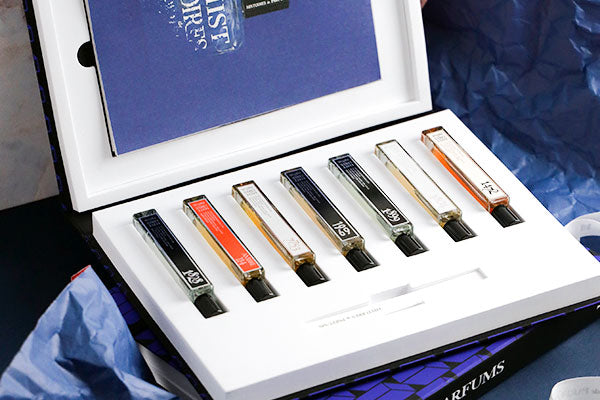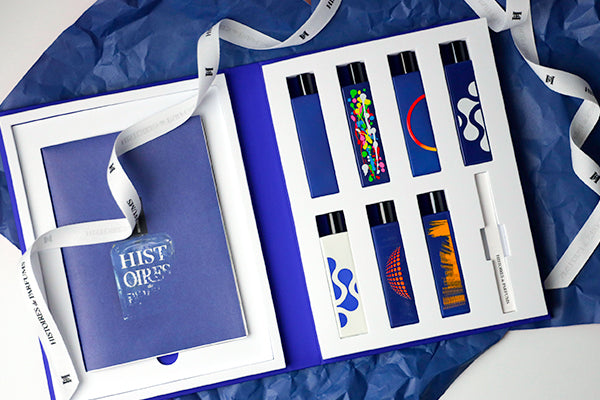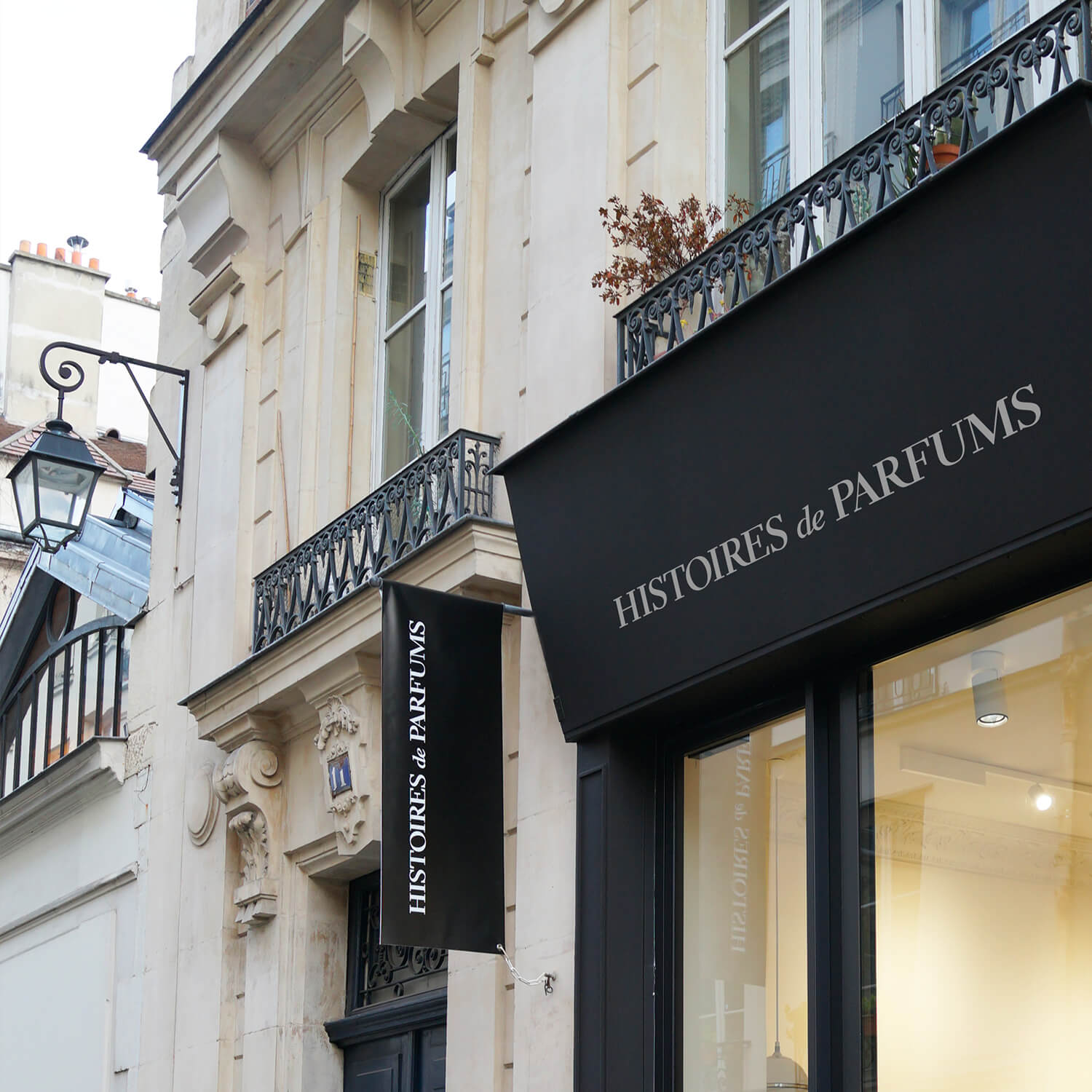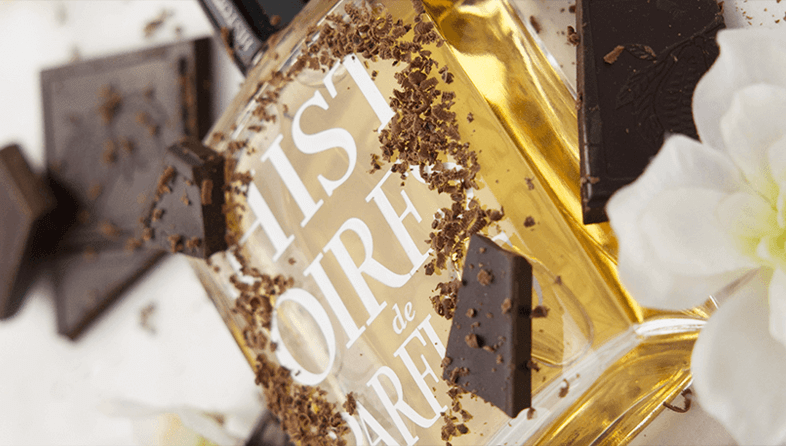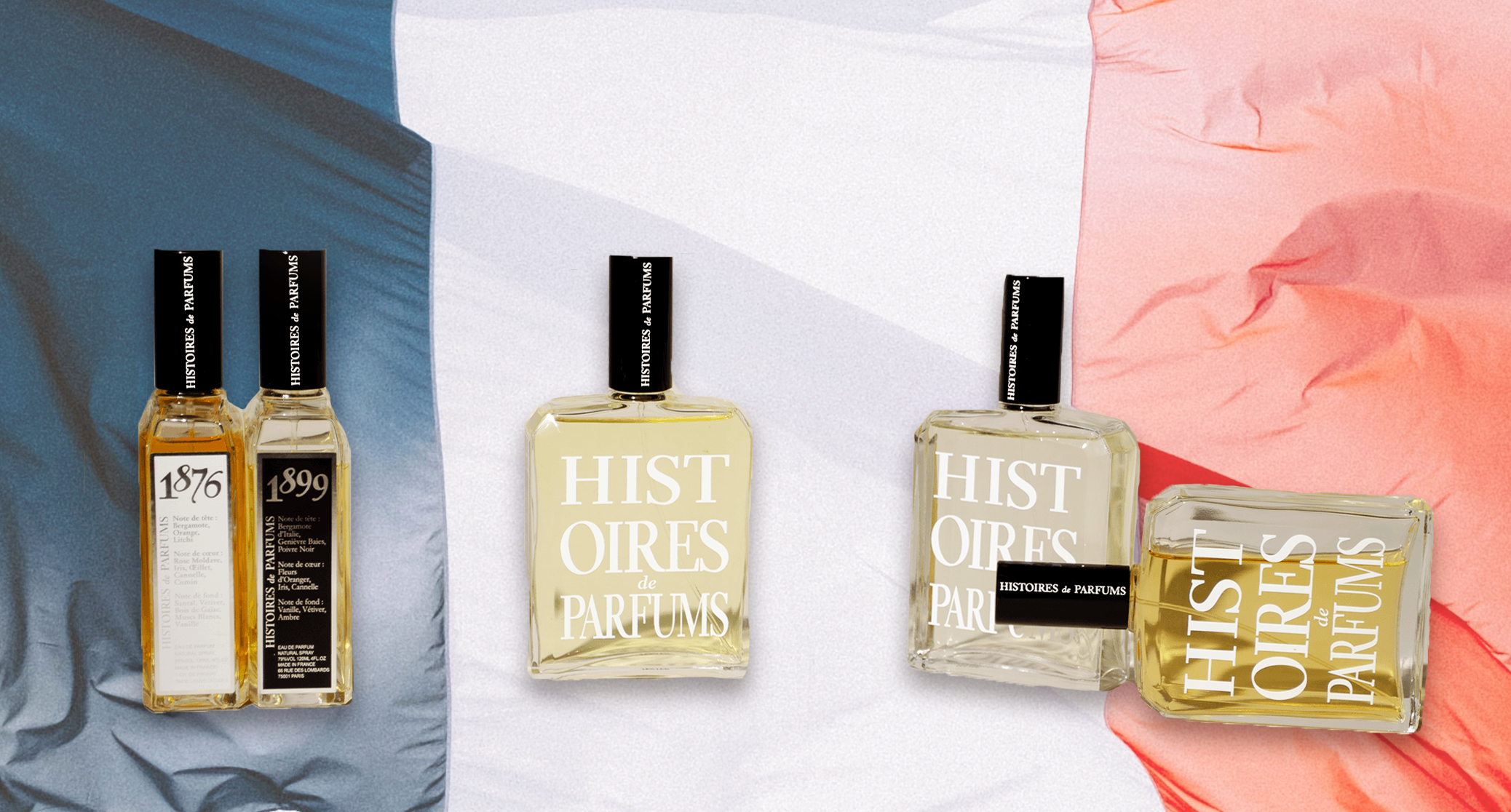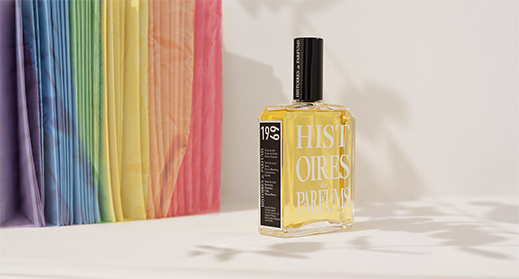
Pride 2022

Discrimination against the LGBTQIA+ community had been a rampant issue in the United States and continued to grow increasingly worse as individuals started outing their own sexual identities. After the end of prohibition, liquor licenses became extremely difficult and expensive to obtain- making queer establishments often denied or raided “for the potential of hazard.” Bars and private nightclubs were essentially the only safe spaces that allowed the queer community to congregate, regardless of their known safety struggles and issues. Another popular law used to enforce brutality was the three articles rule, shown that people must be wearing at least three gender-specific items of clothing to not be arrested for cross-dressing- later learned neither of these allocated laws were initially fabricated by local police sanctions to cut off the community.
As the mafia was inherently large from its momentum during the prohibition, queer nightlife was a golden business opportunity. A member of the Genovese family, Tony Lauria, a.k.a. “Fat Tony,” purchased the Stonewall Inn in 1966 and transformed it into a gay bar and nightclub, selling watered-down alcohol at premium prices, and encouraging mistreatment to employees and patrons.
The build-up to the year 1969 was filled with police brutality, discrimination, and segregation. After complying with these harsh realities their entire lives, the silence needed to be broken in order to promote change and a more unified union.

So, on June 28, 1969, The Stonewall Inn in New York was raided by a local police sanction. At the time, the Stonewall Inn was one of the most popular gay clubs in Manhatten, causing it to be raided frequently. But once the raid began, so did a life-changing protest to the entire world. The police and community were clashing throughout the night, and it continued for the rest of the week.
In the later days following the Stonewall Inn Raid, members of the Mattachine Society, an early organization dedicated to fighting for gay rights would participate in “sip-ins”—a twist on the “sit-in” protests from segregation. The member would visit bars and nightclubs, would put themselves in the establishment and wait to be served, and if not would otherwise sue, as well as a peaceful protest that filled the streets of the queer dominated neighbors in New York.
It wasn't until the Stonewall Inn Riots in 1969 that the LGQBTQIA+ community felt the need for symbolic representation and promotion of world peace and inclusivity. Gilbert Baker, a friend, and colleague of the first openly gay public official, Harvey Milk, found inspiration from the colors of the rainbow to correlate to the incident that happened that night at the Stonewall Inn, to share an experience of healing, life, sexuality, and gender identity all into one.
As history was made, worldwide there is a celebration on the last Sunday of June to commemorate a movement of authenticity and equality. L. Craig Schoonmaker suggested “Pride.” over the idea of “Gay Power” to term the celebration in reference to a combined ornate trait that everyone held during the protests that arose in the summer of 1969.
With our bottle 1969, we hope to share a bit of educational history and are prideful to stand with those who celebrate their authentic selves with Histoires De Parfums.

